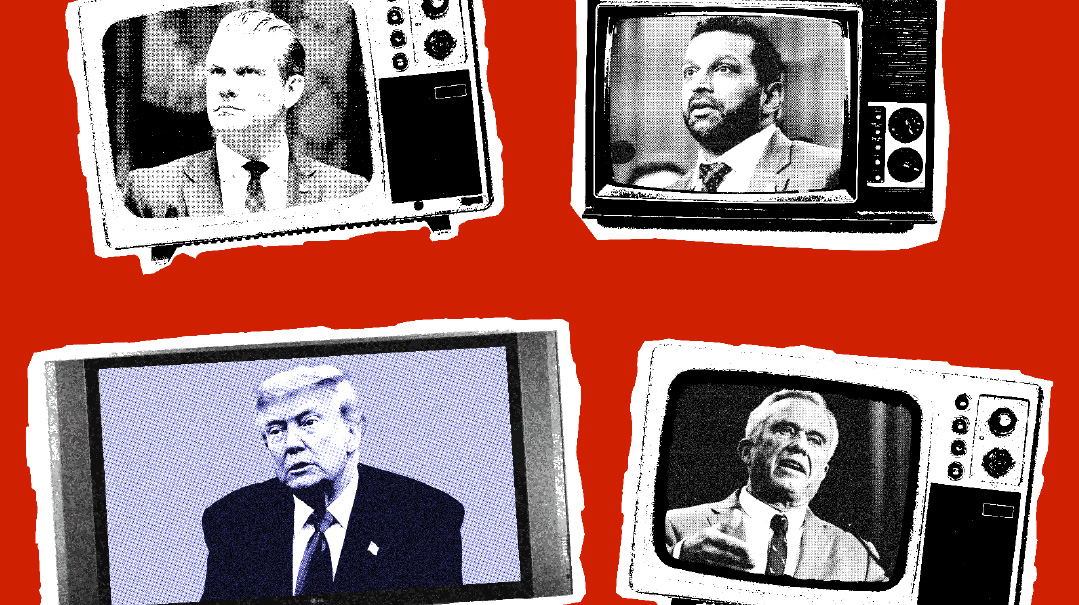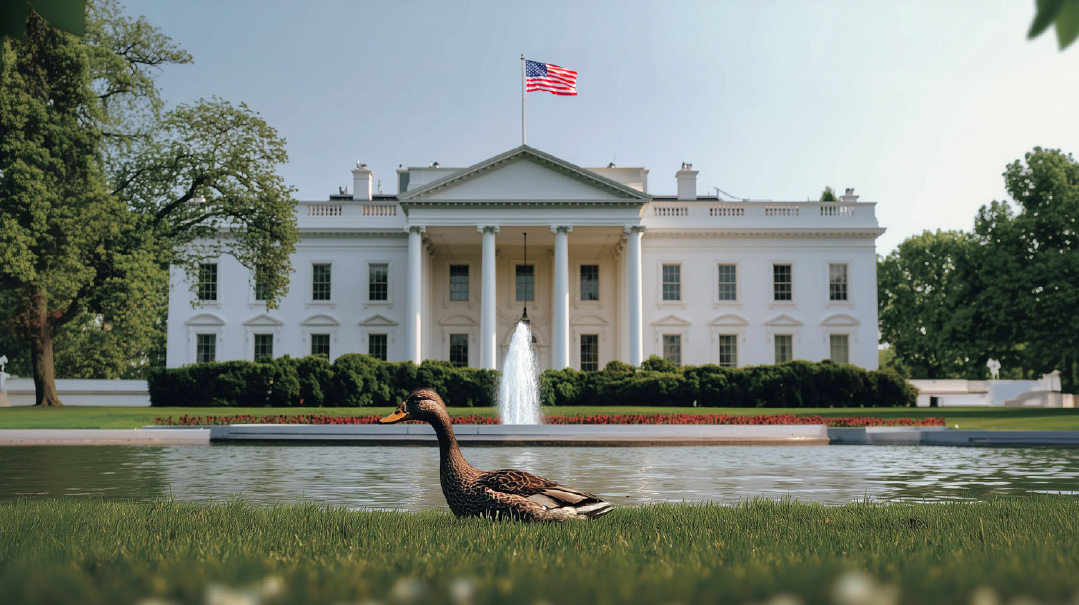Follow the Money? Not So Fast

Who will win the fundraising race, and will it be a determining factor for the outcome in November?

C
ash is king. Or so we are told in our day-to-day dealings when we’re paying rent, leasing cars, or picking up a restaurant tab. But does it apply if you’re running for president?
President Biden hopes so. At the end of February, Biden’s campaign had $155 million cash on hand, compared to Trump’s $74 million cash on hand. Like school dinner organizers selling tables, booking pledges, and doing anything else to bring in cash — both sides spent the last few weeks scrambling to hit bigger and better fundraising goals. Biden held a star-studded New York fundraiser with former presidents Obama and Clinton by his side that raised $26 million. Trump has an upcoming Florida fundraiser at which he hopes to raise $33 million.
Who will win the fundraising race, and will it be a determining factor for the outcome in November?
I would argue no.
But first let’s observe some political fundraising in its natural habitat.
“The Eagles are landing today, swooping down in private jets and commercial airliners, renting limousines and roosting in hotel penthouses and suites.” This is how a 1982 New York Times story describes a group of Reaganites who were buying “club wings” for $10,000, raising serious cash for the 40th president. George W. Bush raised the entry fee to $100,000 and called his donors “Pioneers.” Hillary Clinton called her contributors “HillRaisers.”
For generations, election campaigns have relied on major donors to keep them afloat. As campaign finance laws have changed, so has the nature of political fundraising. The advent of super PACs saw giving become even more prolific. Newsweek estimated that from 2016 until his death in 2021, Sheldon Adelson had given over $424 million to Republicans. CNBC reported that George Soros gave $170 million to help Democrats in the 2022 midterms.
Political fundraising has become both prolific and profoundly important to election campaigns. The media tracks fundraising totals and major donors the same way it covers sports. Which billionaires are supporting whom are followed like celebrity gossip.
But it’s important to understand to what ends the money is being used. I learned an important lesson when I was fundraising for an incumbent. We weren’t building a warchest to fund campaign expenses; instead, it was about scaring other challengers out of the race. We were like an animal standing on its hind legs to demonstrate toughness, to show opponents they would have to raise equally prodigious amounts of cash to compete with us.
As I gained more political experience, I learned that there was an even more powerful defense mechanism: a larger animal standing next to you, in the form of a billionaire willing to help fund your campaign and bring along his friends. This would telegraph to other campaigns that you had strong allies who were ready to do battle, and rivals would have to bring their own to compete.
But fundraising totals can also signal weakness. If an incumbent isn’t raising big dollars, it is a sign that he can be attacked and defeated. If a major donor pulls out of a campaign, it sends a warning sign to other major donors to walk away. It doesn’t always spell death for a campaign, but it’s never good. These laws of the political jungle have applied to all campaigns — until now.
Donald Trump follows different laws. In 2016, Hillary Clinton’s campaign outraised Trump’s, $581 million to $340 million. How could she lose? And when CNN analyzed the fundraising numbers before the 2024 Iowa Republican primary, they found that Nikki Haley’s and Ron DeSantis’s campaigns far outspent Trump. How did Trump manage to come out on top in these situations?
We see that other campaigns’ fundraising is not scaring Trump to drop out of a race, nor does he feel compelled to boost his fundraising to keep up with his opponents. Instead, Trump possesses a scary X factor that his opponents can’t hope to match: endless free media attention.
A 2016 New York Times story clocked his free media at $2 billion. This is quite intimidating. It is like an animal in the jungle scaring off rivals with a roar connected to a surround-sound system. Trump doesn’t need major donors to validate him when his own dominant media voice can ward off challengers and command constant attention.
Such an unparalleled political asset is difficult to overcome. One could argue that Trump’s primary and general election opponents will have to outraise him just to keep up with his media megaphone. In 2020, Biden did this by outspending Trump $1 billion to $774 million. Trump still made it a very close race, despite being outspent by a quarter billion dollars.
There is a caveat to all this. Owning the airwaves is an important objective of fundraising, but there is another expenditure that requires money: the ground game. This includes staff to get your voters to the polls and myriad other ground tactics for outpacing your opponents. This is an issue that Trump’s team is aware of; over the last month, Biden has reportedly opened 100 new offices and added 350 new staffers in critical swing states. Trump’s campaign must play catch-up in mounting its own ground game. This is why Trump can’t just ignore fundraising, despite his status as a media draw and magnet for free press. But the ground game is not as expensive as the media buy, which is ultimately the reason it’s a small caveat.
Money will not be the sole determinant factor as long as Trump remains in the race and continues to defy the traditional political laws of campaign fundraising.
Lieberman and the Loss of Moderation
I am among the many with great stories and memories of Senator Joe Lieberman. His passing leaves a void in American political life, especially for Orthodox Jewish politicos. He was a trailblazer and a wonderful person and mentor to so many.
His loss also highlights the diminishing role of moderates in political life. Beginning with the death of Senator John McCain, each year has seen more prominent political moderates leaving the scene. This year, the retirements of senators Mitt Romney and Joe Manchin, two moderates from different sides of the aisle, add to the growing woes of those seeking a middle ground.
Joe Lieberman was hoping for a moderate third-party candidate in this last year of his life, and that now seems like a long-shot. Who will carry this torch? Lieberman’s death is a great loss to the Jewish community and to a political moderation that is critical to bridging gaps in a polarized political culture.
(Originally featured in Mishpacha, Issue 1007)
Oops! We could not locate your form.







